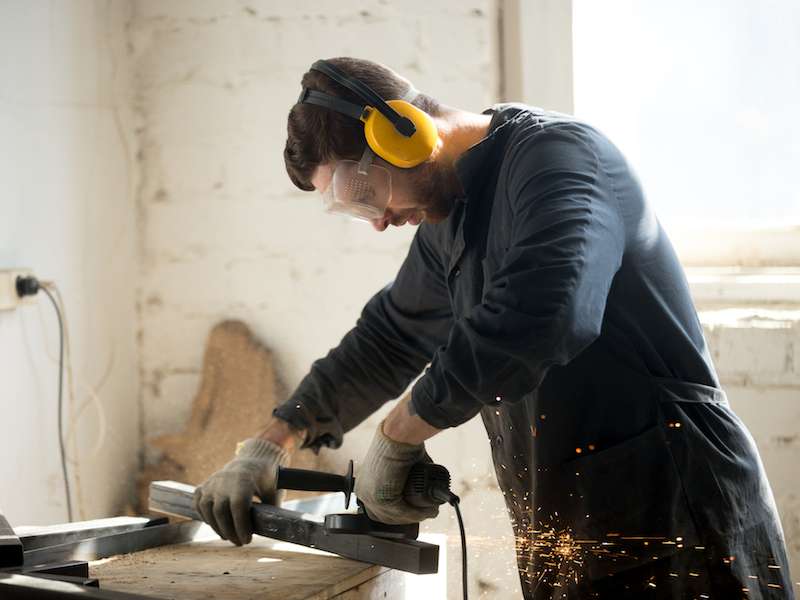
Is your hearing protection failing to safeguard your hearing? Here are 3 things to watch for.
Despite your best efforts, you can sometimes encounter things that can hinder your hearing protection, both at home and at the job. And that can be aggravating. After all, you’re striving to do what you’re supposed to do! When you go to a show, you use your earplugs; At work, you wear earmuffs every day; and you try to steer clear of Uncle Joe who is constantly yelling in your ear.
Here’s the point, when you’re doing everything right but you’re still having trouble, it can be aggravating. The good thing is that once you understand a few of these simple issues that can mess with your hearing protection, you can prepare yourself better. And that can ensure that your ear protection works at peak effectiveness even when you have some obstacles.
1. Using The Wrong Type of Hearing Protection
There are two useful and basic categories of ear protection: earplugs and earmuffs. Earplugs are small and, as the name indicates, can be put right into the ear canal. Earmuffs look like a set of 70’s headphones, but instead of tunes, they offer protection for your ears by muting external sound.
- When you’re in a situation where noise is relatively constant, earplugs are suggested.
- Earmuffs are advised in circumstances where loud sounds are more sporadic.
There’s an obvious reason for that: when it’s quiet, you’ll want to remove you’re hearing protection which is harder to do with earplugs than earmuffs. Earplugs are extremely easy to lose (especially if they’re inexpensive and disposable anyway), so you don’t want to be in a scenario where you take out an earplug, lose it, and then need it later.
Wear the right form of hearing protection in the right scenario and you should be okay.
2. Your Anatomy Can Affect Your Hearing Protection
Human anatomy is incredibly diverse. That’s why your vocal cords are more normal sized compared to old Uncle Joe who has larger vocal cords. That’s also why you may have a smaller than normal ear canal.
This can cause problems with your hearing protection. Disposable hearing protection is frequently a one size fits all mindset, or at best, a small, medium, large scenario. And so if you have especially tiny ear canals, you may have a tough time getting those earplugs to fit, causing you to give up entirely and throw the earplugs away in frustration.
If you find yourself in this scenario, you might turn away from the hearing protection you were attempting to give yourself, leaving you at risk of hearing damage. The same thing can happen if, for example, your ears are a bit larger, making earmuff style protectors uncomfortable. If you spend a lot of time in noisy environments, it may be worth investing in custom hearing protection customized to your ears.
3. Check Your Hearing Protection For Signs of Wear
If you’re wearing your hearing protection every day, you should give yourself a pat on the back. But that also means you need to keep close track of the wear and tear your ear protection is experiencing.
- When they lose their flexibility, replace the cushions on your earmuffs.
- Examine the band on earmuff protection. When the elastic is worn out and the band is no longer holding the earmuffs snug, it’s time to exchange the band.
- Your hearing protection needs to be kept clean. Earwax serves a practical purpose in your body but it can also accumulate on your hearing protection. Make sure you wash your hearing protection completely by taking them apart before you clean them. If you’re rinsing earplugs, don’t drop them down the drain.
Making sure you carry out routine maintenance on your hearing protection is imperative if you want to continue benefiting from that protection. If you have any questions or how to do that, or how to ensure you’re prepared for things that can hinder your hearing protection, it’s a smart idea to have a candid conversation with a highly qualified hearing professional.
You need your hearing. It’s worth taking the time to protect it properly.